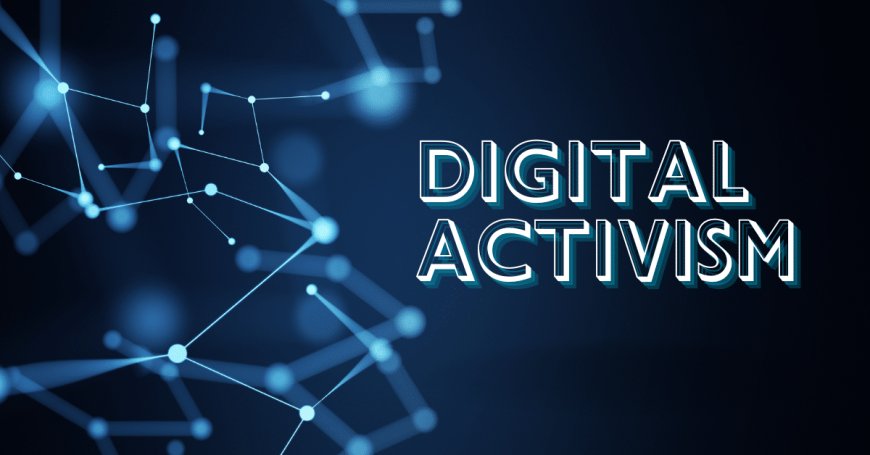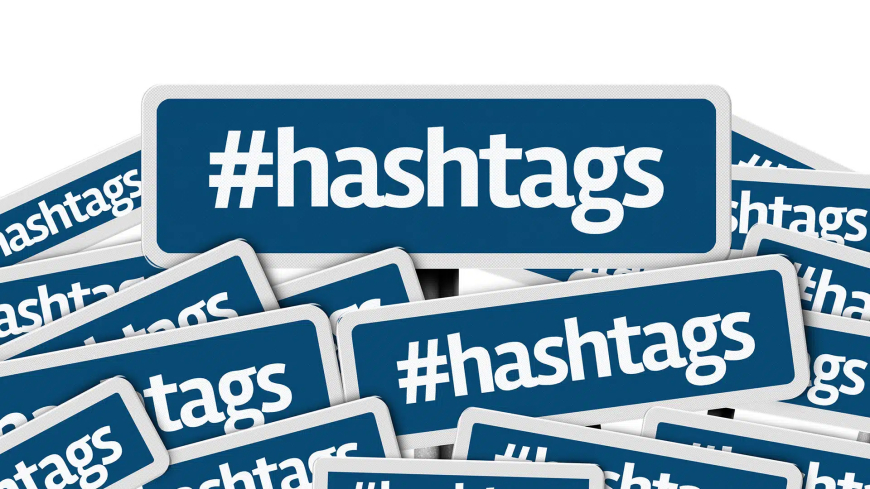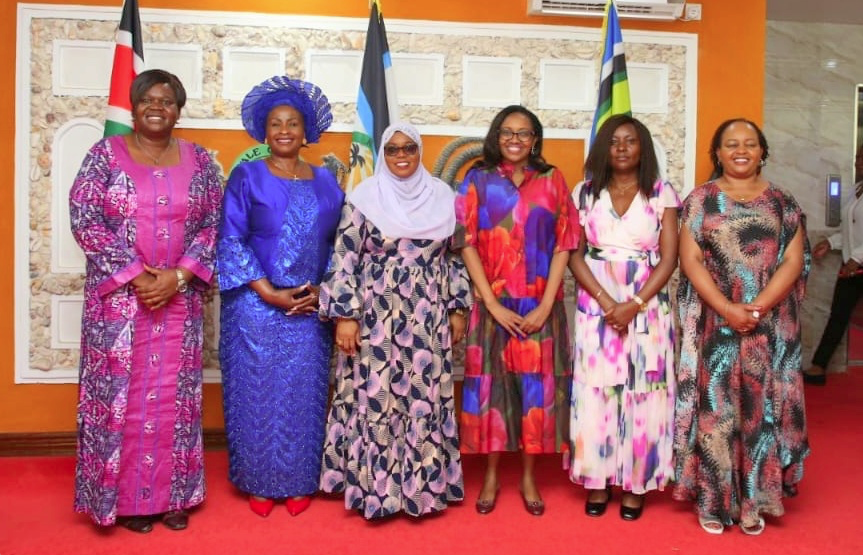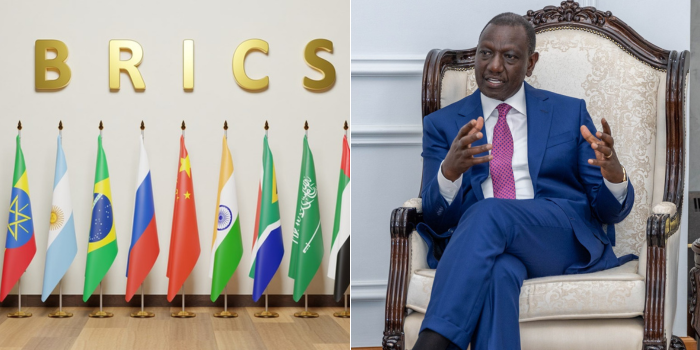From Hashtags to Headlines: The Power of Online Activism
Explore how movements like #MeToo and #BlackLivesMatter use social media to amplify voices and drive change. Understand the impact of digital activism on freedom of expression. Discover how online movements like #MeToo and #BlackLivesMatter have harnessed the power of social media to amplify voices and drive change. This article delves into the impact of digital activism on freedom of expression, highlighting the role of hashtags in transforming public discourse and driving real-world action. Learn about the challenges and successes of digital activism in both Kenya and the global context.

In the age of digital revolution, where our screens are the new battlegrounds and hashtags are the rallying cries, online activism has emerged as a formidable force. Movements like #MeToo and #BlackLivesMatter have harnessed the power of social media to amplify voices, drive change, and redefine freedom of expression. But how exactly do these digital campaigns transform from mere hashtags to global headlines?
The Birth of a Hashtag
Picture this: a single tweet, a simple hashtag, and suddenly, a movement is born. This is the magic of social media. It democratizes the power to speak out, allowing anyone with an internet connection to join the conversation. The #MeToo movement, for instance, started with a tweet by activist Tarana Burke and quickly snowballed into a global phenomenon. Women from all walks of life shared their stories of sexual harassment and assault, breaking the silence and demanding accountability.
Similarly, #BlackLivesMatter began as a response to the acquittal of Trayvon Martin’s killer in 2013. What started as a hashtag quickly evolved into a powerful movement against systemic racism and police brutality. The movement’s ability to mobilize millions, both online and offline, underscores the transformative power of digital activism.

Amplifying Voices
One of the most significant impacts of online activism is its ability to amplify marginalized voices. In Kenya, social media has become a vital tool for activists to highlight issues that mainstream media often overlooks. Hashtags like #StopPoliceBrutality and #JusticeForKianjokomaBrothers have brought attention to police violence and human rights abuses, forcing authorities to take action.
Globally, digital activism has given a platform to those who were previously unheard. The #MeToo movement, for example, empowered women from diverse backgrounds to share their experiences, creating a sense of solidarity and collective strength. This amplification of voices is not just about raising awareness; it’s about creating a space where marginalized communities can demand justice and drive change.
Driving Change
The power of online activism lies in its ability to translate digital engagement into real-world action. The #BlackLivesMatter movement, for instance, has led to significant policy changes and increased awareness about racial injustice. In the United States, the movement has influenced police reform, sparked national conversations about race, and inspired a new generation of activists.
In Kenya, digital activism has also driven tangible change. The #MyDressMyChoice campaign, which protested against the public stripping of women deemed to be dressed “indecently,” led to a national dialogue about women’s rights and resulted in legal reforms to protect women’s dignity. These examples highlight how online movements can create pressure for change, holding those in power accountable and pushing for a more just society.
The Challenges of Digital Activism
While online activism has its strengths, it also faces significant challenges. One of the main issues is the spread of misinformation. In the digital age, false information can spread as quickly as the truth, sometimes undermining the credibility of genuine movements. Additionally, digital activism can sometimes lead to “slacktivism,” where individuals engage in online activism without taking meaningful offline action.
Moreover, governments and corporations can use digital tools to suppress dissent. In some cases, activists face online harassment, surveillance, and censorship. Despite these challenges, the resilience and creativity of digital activists continue to push the boundaries of freedom of expression.
Conclusion: The Future of Digital Activism
From hashtags to headlines, online activism has proven to be a powerful tool for amplifying voices and driving change. It has redefined freedom of expression, making it more inclusive and accessible. As we move forward, it is crucial to continue supporting digital activists and ensuring that their voices are heard.
In the grand narrative of social change, digital activism is a testament to the power of collective action. It reminds us that even in the vast expanse of the internet, our voices matter. So, the next time you see a hashtag trending, remember that it could be the spark that ignites the next big movement.
What's Your Reaction?







































































































